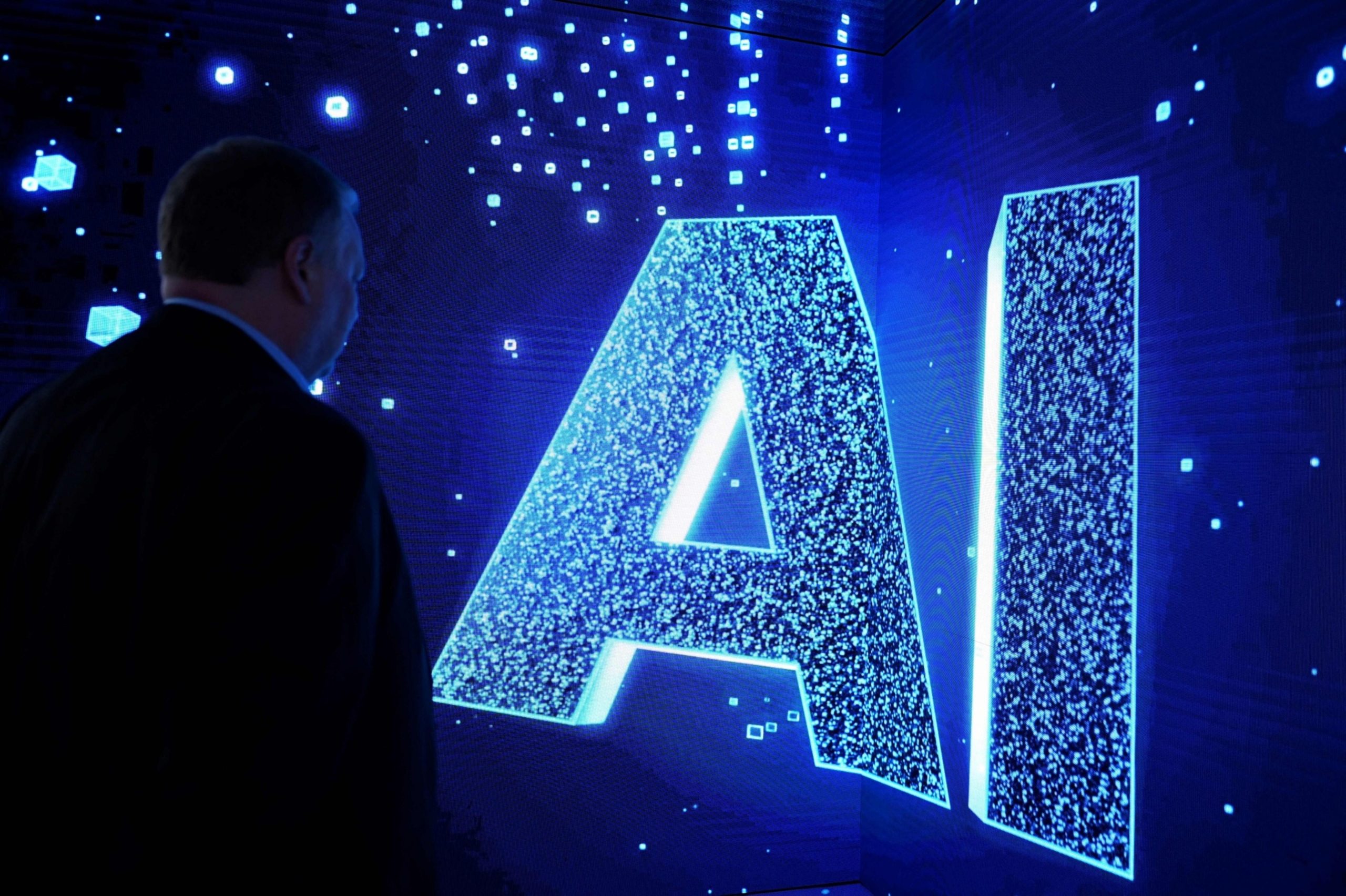Researchers have developed a new artificial intelligence (AI) model that can predict the onset of psychosis in people using brain scans.
They said that the model, trained on brain scans from people globally, could be helpful in clinical settings, as earlier intervention typically leads to better outcomes with less negative impact on people’s lives, even as most experiencing psychosis recover fully.
Psychosis is a mental state characterised by being out of touch with reality and symptoms can include delusions, hallucinations or radical changes in behaviour and thinking. The condition has no single cause, but can be triggered by trauma, drug or alcohol use, or a genetic predisposition.
“At most only 30 per cent of clinical high-risk individuals later have overt psychotic symptoms, while the remaining 70 per cent do not,” said associate professor Shinsuke Koike from the Graduate School of Arts and Sciences at the University of Tokyo, Japan, and the corresponding author of the study published in the journal Molecular Psychiatry.
“Therefore, clinicians need help to identify those who will go on to have psychotic symptoms using not only subclinical signs, such as changes in thinking, behaviour and emotions, but also some biological markers,” said Koike.
For developing the model, the international team of researchers enrolled close to 2,200 adolescent and young adult participants, over half of whom were clinically identified to be at high risk of developing psychosis.
Recruited from 21 locations worldwide, the “diverse” group was divided into four groups – those who later developed psychosis, those who didn’t develop psychosis and people with uncertain follow-up status, and healthy controls.
Using their magnetic resonance imaging (MRI) scans, the researchers trained a machine learning algorithm – one that learns from past data to make predictions – to discern patterns in the anatomy of the participants’ brains. Previous studies have shown the onset of psychosis to be accompanied by structural differences in the brain.
On the training data, the researchers found that the AI model was 85 per cent accurate in differentiating between those at high risk who went on to develop overt psychotic symptoms later and those healthy. On new data, however, the model showed a 73 per accuracy in predicting which participants were at high risk of psychosis onset.
Research of psychotic disorders using MRI can be challenging, according to Koike, owing to variations in brain development and MRI machines, that can make it difficult to get accurate, comparable results.
Further, with young people, it can be difficult to distinguish between typical developmental changes and those occurring due to a mental illness, said Koike.
However, this was the first time that differences in the brains of those at high risk but have not yet experienced psychosis have been identified, the researchers said.
First Published: Feb 09 2024 | 5:52 PM IST
Note:- (Not all news on the site expresses the point of view of the site, but we transmit this news automatically and translate it through programmatic technology on the site and not from a human editor. The content is auto-generated from a syndicated feed.))



